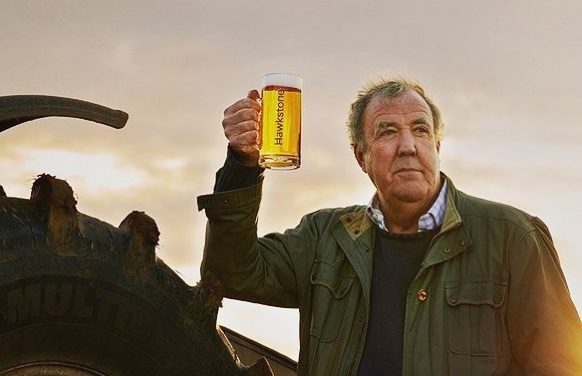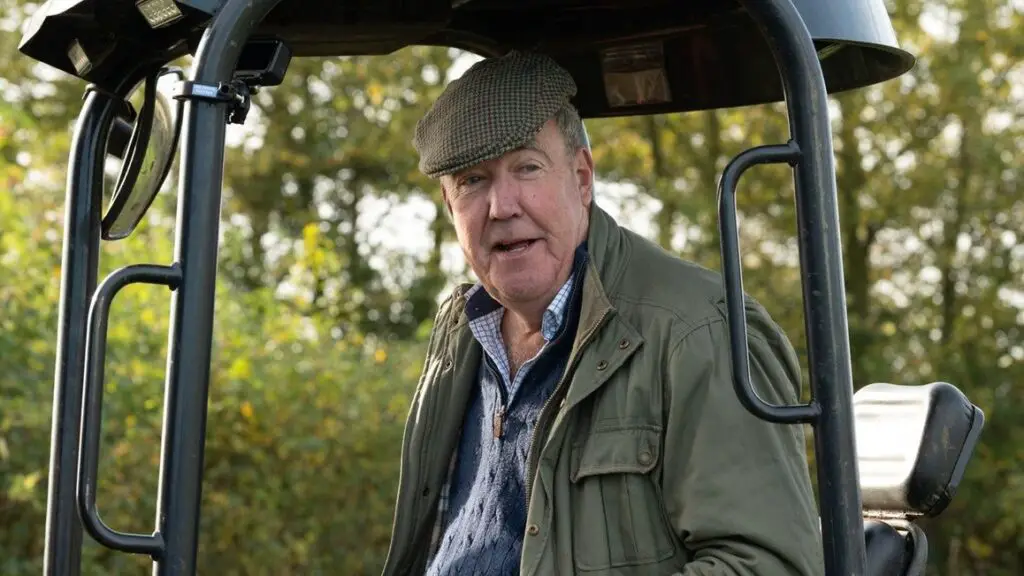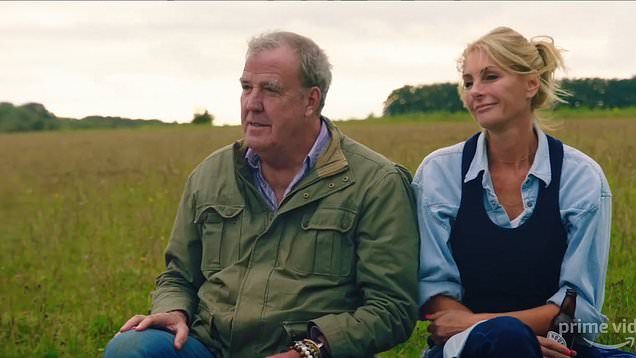Jeremy Clarkson Farm Restaurant And Shop In Danger After Council Looks Further Into Planning Permission
It’s been no secret that the Clarkson’s Farm presenter Jeremy Clarkson has been planning a restaurant on his land at Diddly Squat Farm. Based on an unused lambing shed, the plans show a restaurant and kitchen with space for 60 customers, plus a selection of new parking. But the council is currently against the building.
Council officers have said that the restaurant would be out of keeping with the surrounding Cotswolds “Area of Outstanding Natural Beauty”. On top of this, neighbouring residents have sent the council 53 objections, and while there have been 12 letters of support, locals are getting more and more fed up with Jeremy’s business since he hosted a town meeting.

The Grand Tour presenter talked with Jeremy Vine, where he said the following:
“There is more traffic, yes, but there is more business – the village shop is doing better, the cafe in the village, the pub in the village – they are all doing better.
“They are swamped with people but they are swamped with people spending money.”
Documents on the lambing shed which Jeremy is hoping to be converted also says that the area has been used as a cafe and bar area without planning permission. If the restaurant was successfully built, then it would serve breakfast, lunch, and dinner all week long between the times of 08:00 and 15:00, and 17:00 and 22:00.

The Chadlington parish council has already voted, but this was inconclusive. But Campaign to Protect Rural England (CPRE) West Oxfordshire has said that the new restaurant would be a “major incursion” and that it would “spoil the rural nature of the Upper Evenlode Valley”. The West Oxfordshire District Council will come to a conclusion on the application this coming Monday.

If this wasn’t enough, the council has revealed that it “recently” served Diddly Squat Farm with a planning contravention notice after allegations that his successful farming shop was selling products that weren’t grown, reared, or produced on the farm or from local businesses. This contradicts the original planning permission given in 2019, and if proven, could wreak havoc on Jeremy’s business.

